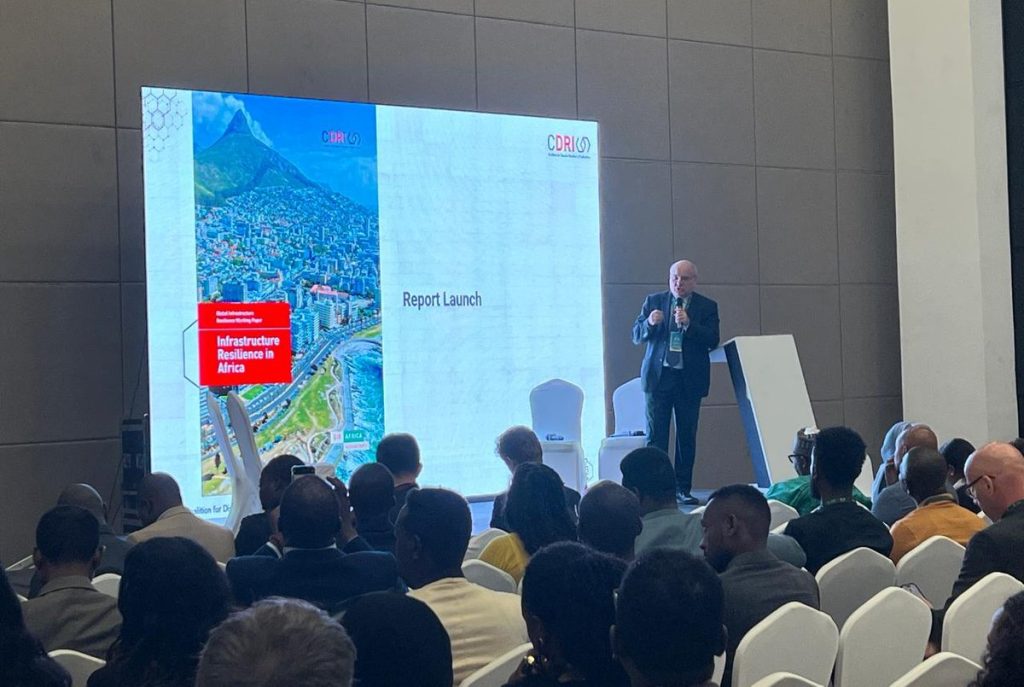CDRI Unveils Landmark Working Paper on Infrastructure Resilience in Africa

Addis Ababa/New Delhi, 8 September 2025: The Coalition for Disaster Resilient Infrastructure (CDRI) today launched its latest CDRI GIR working paper, Infrastructure Resilience in Africa, spotlighting the urgent need to embed resilience into infrastructure planning across the continent to safeguard economies and communities from escalating climate and disaster risks.
Drawing on insights from the Global Infrastructure Risk Model and Resilience Index (GIRI), the paper reveals that Africa suffers average annual losses of $12.7 billion due to disaster-related damage to infrastructure and buildings. Floods account for nearly 70% of these losses, followed by earthquakes at 28%. With climate change accelerating, projected losses could surge by 27%, adding $2.4 billion annually to the burden.
The risks are not evenly spread. Eastern Africa faces the highest exposure, with estimated annual losses of $5.5 billion, 43% of the continent’s total, followed by Southern and Northern Africa, each at $2.3 billion.
“Africa stands at a pivotal moment, with much of its future infrastructure yet to be built,” said Amit Prothi, Director General of CDRI. “By integrating resilience now, governments and partners can avoid costly disruptions and protect millions of lives and livelihoods.”
To address these challenges, CDRI has launched a dedicated Africa Programme to support governments and stakeholders in mainstreaming resilience across both new and existing infrastructure systems. The initiative also promotes financial resilience strategies that reinforce national budgets, maintenance regimes, and contingency planning.
Currently, nine African countries and the African Union Commission are members of CDRI. Despite African governments already financing 80% of adaptation financing, 26% through national budgets and 54% via loans, the scale of the challenge calls for enhanced global cooperation and innovative financing mechanisms.
“Resilience dividends go beyond avoided losses. They foster investor confidence, business continuity, and household security,” said Ede Ijjasz-Vasquez, Lead Author of GIR2. “Africa’s development trajectory hinges on making resilience a central investment priority.”
The working paper marks a significant step in advancing evidence-based strategies to build a safer, more sustainable future for Africa.

SUBSCRIBE TO OUR NEWSLETTER












